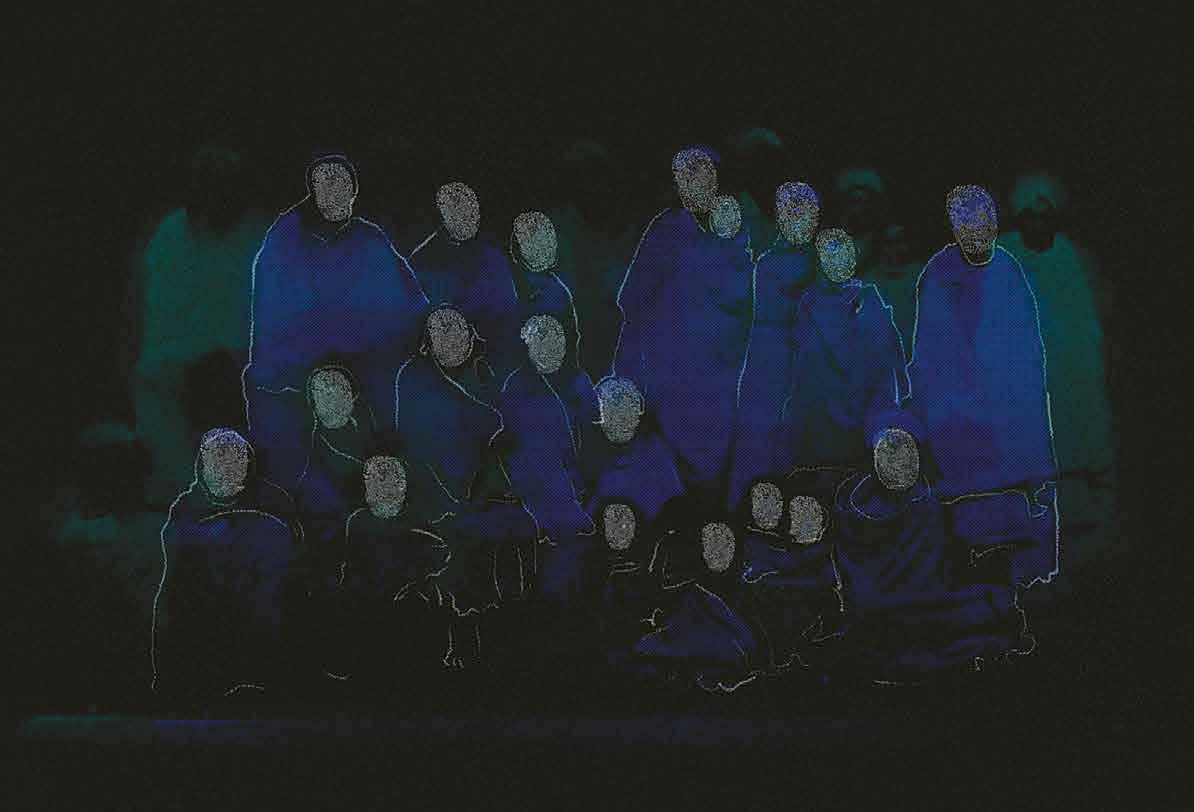
A seven-judge constitution bench of the Supreme Court recently suggested that states can now “sub-classify the Scheduled Castes (SCs) and Scheduled Tribes (STs)” in order to help the worst-off sections within these categories.
A longstanding constitutional directive that earlier identified the uniformity of these groups— based on socio-cultural history, like the clause of untouchability for the SCs and geographical alienation for the STs—has thus been radically altered.
The judges remarked that both categories are heterogeneous as certain sections within them have achieved class mobility by utilising the benefits of the reservation policy. It initiated a heated debate over the idea of social justice, the mandate of the reservation policy and its political fallouts.
The Constitutional Mandate
The modern Constitution makers had sincerely acknowledged that the Brahmanical caste system is the most oppressive order against the untouchable castes. The untouchables and Adivasis were denied basic human entitlements and were forced to survive away from the modern developmental processes. Babasaheb Ambedkar provided the needed mantle to their plight and made them a crucial subject in the nationalist deliberation. He utilised modern political ideas and constitutional identities (like the Depressed Classes earlier and later the SCs) to organise the diverse untouchable castes as a unified national bloc, demanding their participation in the modern institutions as crucial partners. He further proposed Buddhist religious conversion to escape the blot of untouchability, inviting them to join the democratic processes as dignified individuals.
This story is from the September 21, 2024 edition of Outlook.
Start your 7-day Magzter GOLD free trial to access thousands of curated premium stories, and 9,000+ magazines and newspapers.
Already a subscriber ? Sign In
This story is from the September 21, 2024 edition of Outlook.
Start your 7-day Magzter GOLD free trial to access thousands of curated premium stories, and 9,000+ magazines and newspapers.
Already a subscriber? Sign In

No Singular Self
Sudarshan Shetty's work questions the singularity of identity

Mass Killing
Genocide or not, stop the massacre of Palestinians

Passing on the Gavel
The higher judiciary must locate its own charter in the Constitution. There should not be any ambiguity

India Reads Korea
Books, comics and webtoons by Korean writers and creators-Indian enthusiasts welcome them all

The K-kraze
A chronology of how the Korean cultural wave(s) managed to sweep global audiences

Tapping Everyday Intimacies
Korean filmmaker Hong Sang-soo departs from his outsized national cinema with low-budget, chatty dramedies

Tooth and Nail
The influence of Korean cinema on Bollywood aesthetics isn't matched by engagement with its deeper themes as scene after scene of seemingly vacuous violence testify, shorn of their original context

Beyond Enemy Lines
The recent crop of films on North-South Korea relations reflects a deep-seated yearning for the reunification of Korea

Ramyeon Mogole?
How the Korean aesthetic took over the Indian market and mindspace

Old Ties, Modern Dreams
K-culture in Tamil Nadu is a very serious pursuit for many